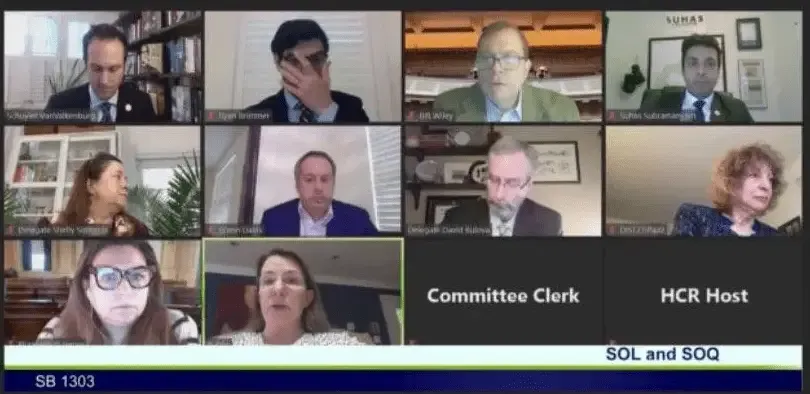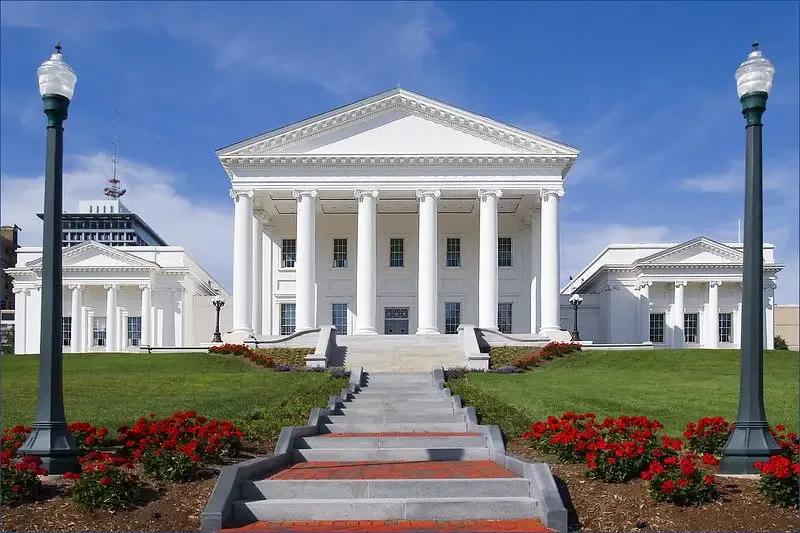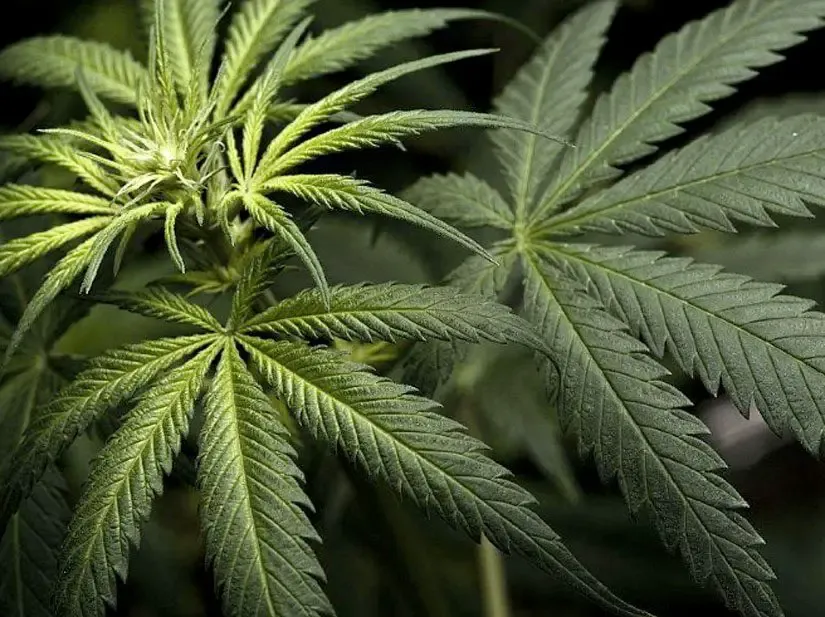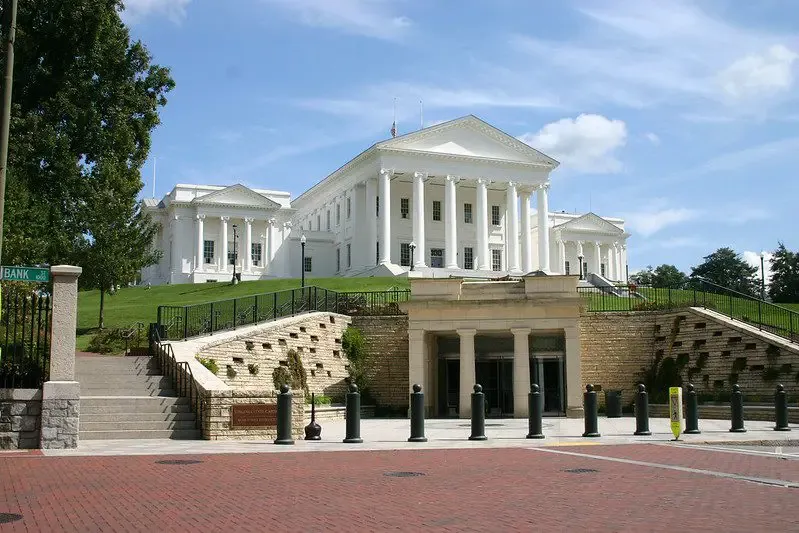General Assembly 2021 — Top News — Government — Schuyler VanValkenburg — Ralph Northam — Todd Gilbert — Virginia House of Delegates — Virginia Senate — Siobhan Dunnavant — in-person learning Virginia
Bill to mandate in-person learning faces pushback from Virginia House Republican leaders




